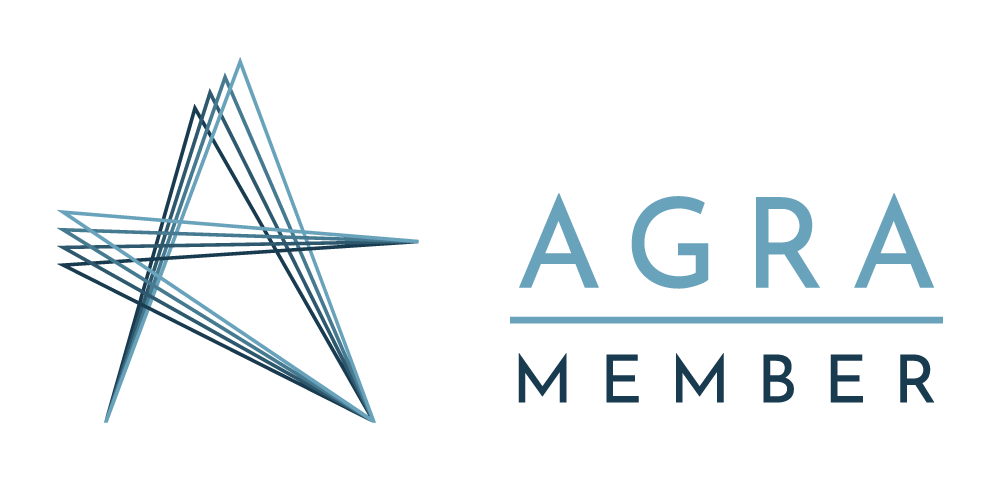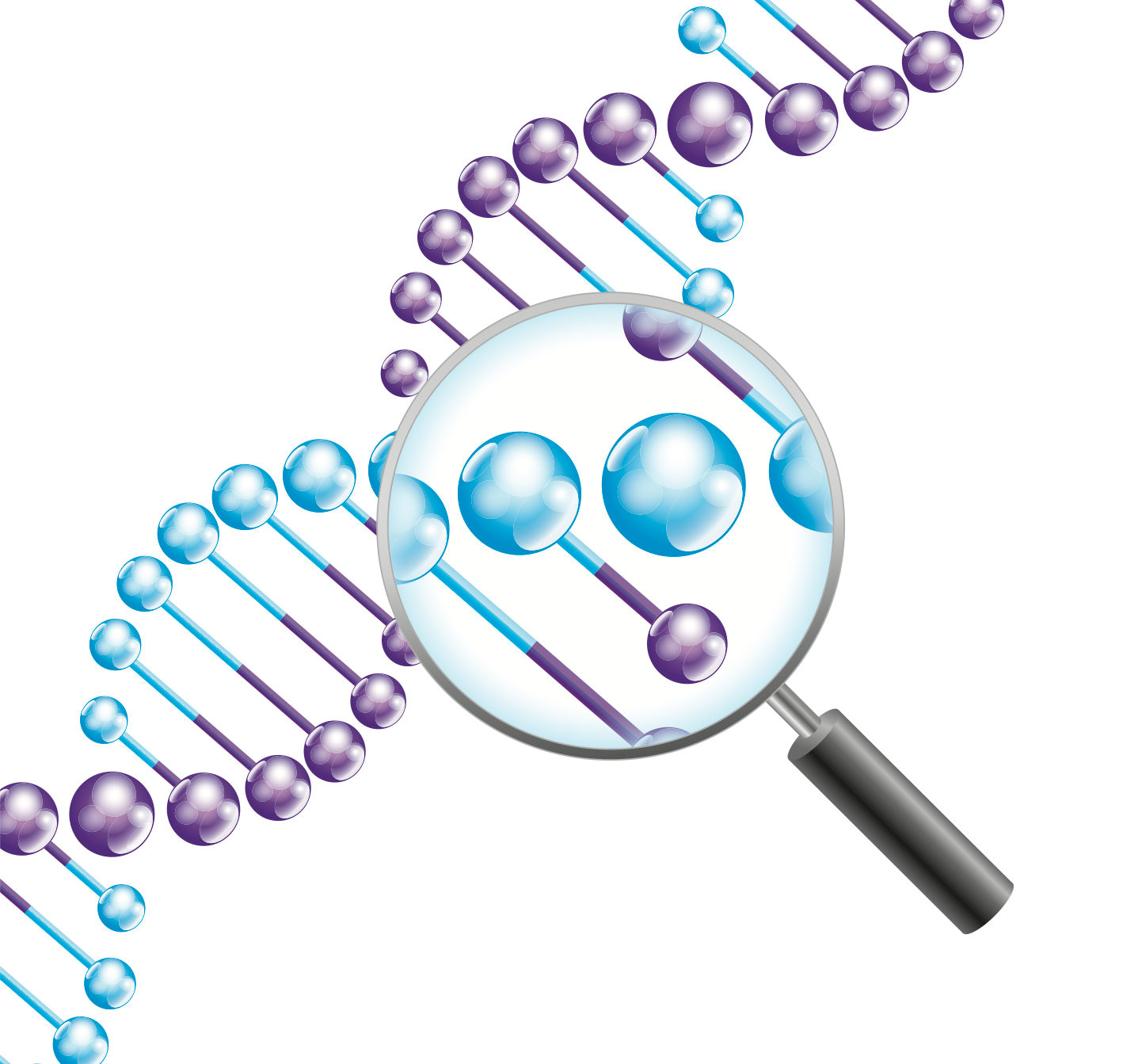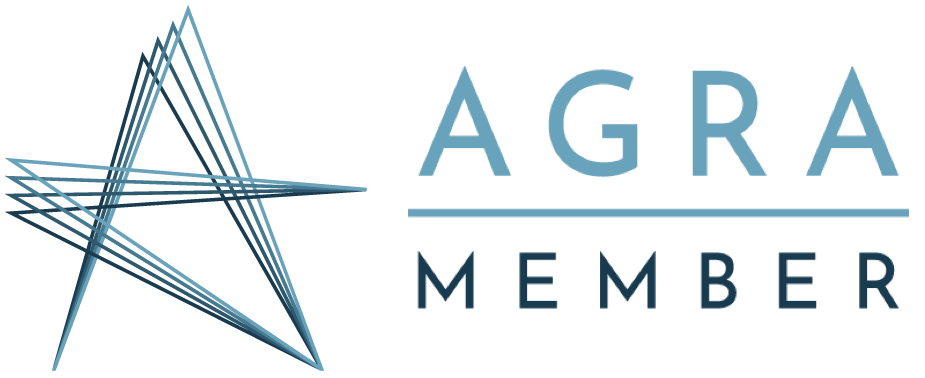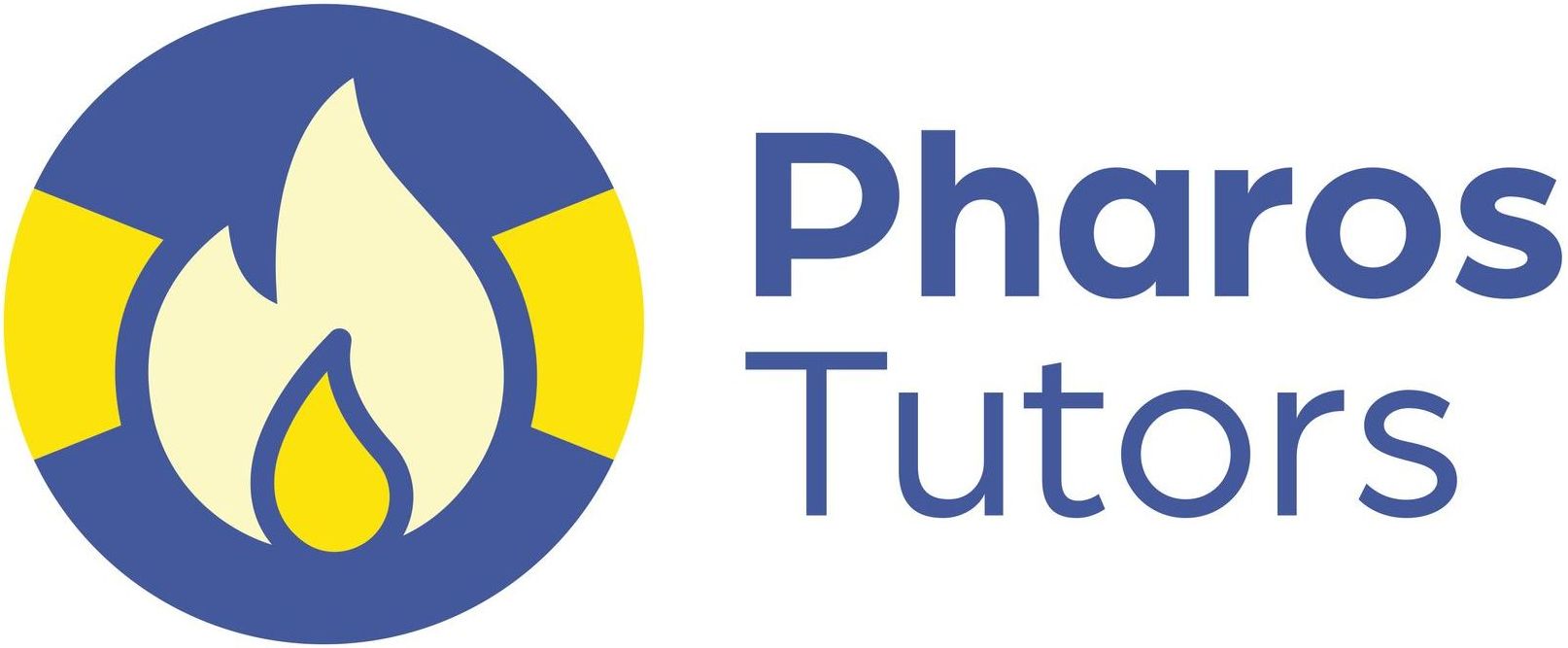Accreditation and qualifications in professional genealogy
Seeing yet more tales of the “professional” genealogist who “took my money and I never heard from them again” on social media this week, made me think of a blog post I wrote back in 2014 on accreditation and professional qualifications in professional genealogy. Here is an updated version.
How do you choose a professional genealogist? One option is to ask for recommendations from others but that is not always possible. So, how else do you seek reassurance of quality?
If you are thinking of setting up as a professional genealogist how do you, as a newbie to the field, set yourself apart from all the others who are currently aspiring to do professional work?
In my view, there are two important areas consider here: accreditation and qualifications.
In the UK we do not yet have a formal accreditation process for genealogists giving the equivalent of the post nominal AG (accredited genealogist) those in the US may work towards. There are, however accrediting professional bodies:
- Association of Genealogists and Researchers in Archives (AGRA) for England and Wales
- Association of Scottish Genealogists and Researchers in Archives (ASGRA) for Scotland
- Accredited Genealogists Ireland (AGI) for Ireland.

As an AGRA Member I am entitled to display the logo above on my website and other promotional material. AGRA is the only body for England and Wales that assesses the quality of client research, client correspondence and business acumen before granting membership. It is the safety net protecting would-be clients from those that “do not make the grade”. Of course, and let me clear on this, there are many excellent genealogists who are not members of AGRA but, in the absence of a word of mouth recommendation, looking for an AGRA Member provides assurance of a certain level of quality.
AGRA allows entry via a number of routes but the preference for qualifications in genealogy, is reflected in its membership application process. Less is required for those holding the following qualifications:
- Pharos Tutors' Advanced Certificate in Genealogy (in combination with the Society of Genealogists)
- The Institute of Heraldic and Genealogical Studies (IHGS) Higher Certificate or higher qualification
- University of Strathclyde’s Postgraduate Certificate in Genealogical, Palaeographic and Heraldic Studies or a higher qualification
- University Of Dundee‘s Certificate in Family and Local History or higher (which must include the England module)
When I decided to move to a career in genealogy there was no dispensation for those with qualifications but I knew that I wanted to gain formal qualifications, partly to ensure I had a good grounding in the majority of sources I was likely to encounter, and partly to be able to offer potential clients a reassurance of my level of knowledge.
I can’t talk through the detail of all of the courses mentioned above but I have experience with Pharos and the IHGS. I have much experience of the Pharos Tutors courses, initially as a student, then as a tutor and, more recently as Course Director (EDIT: now Owner). I studied with the Institute of Heraldic and Genealogical Studies (IHGS) in Canterbury and have their Higher Certificate (distinction) and Diploma in Genealogy. I have also tutored their correspondence course that leads to the Higher Certificate.
The Register of Qualified Genealogists, though not an accreditation body, offers a list of members with certain qualifications that have chosen to be added to their register.
AGRA provides an (unbiased) comparison of the different courses available here.
Can you have one (accreditation or qualifications) without the other? I’ll leave the answer to that to you but here are some questions to think about:
- You can still become a member of AGRA without having qualifications but how long will it take you to build sufficient experience to be working at that level?
- You could gain a qualification and not become accredited but does just knowing about something mean you are good at working with clients?
If you are interested in more information about hiring a professional genealogist there is also some great advice from the Society of Genealogists here: Employing a Professional Genealogist.
If you are thinking about becoming a professional genealogist, see my Pharos Tutors course: Professional Genealogist – Become one, become a better one.








